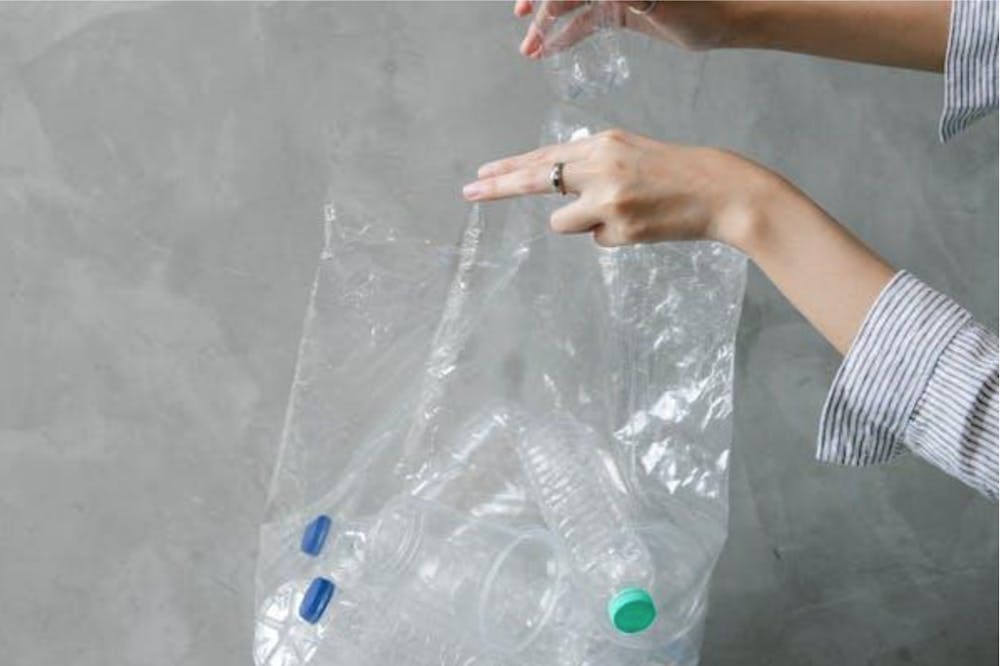Responsible RV disposal is crucial for minimising environmental harm and promoting sustainability. If you want to declutter and make a positive impact, consider opting for cash for junk RV in Indiana. Properly disposing of your RV prevents environmental pollution, conserves resources, and mitigates potential health hazards. This article outlines seven sustainable practices for responsible RV disposal, helping you make informed decisions that benefit you and the planet.
1. Sell Your Junk RV
One of the most effective sustainable practices is to sell your junk RV to specialised buyers. These buyers often have the means to dismantle and recycle RV components responsibly. By selling your junk RV, you receive cash and contribute to the recycling process, reducing waste and environmental impact.
Specialised buyers ensure that reusable parts are salvaged and hazardous materials are disposed of correctly, preventing pollution and promoting resource efficiency. This option also allows other RV enthusiasts to repurpose and reuse functional components.
2. Recycling Parts and Materials
Recycling is a cornerstone of sustainable RV disposal. Many parts of an RV, such as metal frames, appliances, and furniture, can be recycled. By separating recyclable materials from non-recyclable ones, you can significantly reduce the amount of waste in landfills.
Recycling facilities can process materials, including aluminium, steel, and glass, to create new products. This practice conserves natural resources and reduces the energy consumption and greenhouse gas emissions associated with manufacturing new materials.
3. Donating to Organizations
If your RV is still in relatively good condition, consider donating it to a charitable organisation. Many non-profits and community groups can repurpose RVs for various uses, such as temporary housing or mobile offices. Donating your RV extends its life cycle and supports those in need.
Before donating, ensure that the organisation accepts RVs and can effectively use them. This practice aligns with sustainability goals by promoting reuse and supporting community initiatives.
4. Proper Disposal of Hazardous Materials
RVs contain hazardous materials such as batteries, propane tanks, and refrigerants, which require special handling during disposal. Improper disposal can contaminate soil and water, posing significant environmental and health risks.
To ensure safe disposal, take hazardous materials to designated recycling centres or hazardous waste facilities. These centres are equipped to handle and dispose of such materials safely, preventing environmental damage and ensuring compliance with regulations.
5. Repurposing and Upcycling
Another sustainable practice is to repurpose or upcycle parts of your RV. Creative DIY projects can transform old RV components into functional or decorative items, such as furniture, planters, or storage solutions. Upcycling gives new life to materials that would otherwise be discarded, reducing waste and promoting sustainability.
By engaging in repurposing projects, you contribute to a circular economy, where resources are continuously reused and repurposed, minimising the need for new raw materials and reducing environmental impact.
6. Utilizing Eco-Friendly RV Parks
When disposing of your RV, consider choosing eco-friendly RV parks that prioritise sustainable practices. These parks often have programs for recycling, waste reduction, and energy conservation, ensuring that your RV is disposed of in an environmentally responsible manner.
Eco-friendly RV parks may also offer resources and guidance on sustainable disposal practices, helping you make informed decisions that align with environmental goals. Supporting these parks promotes a culture of sustainability within the RV community.
7. Consulting Professional Disposal Services
For comprehensive and sustainable RV disposal, consulting professional disposal services can be a wise choice. These services specialise in dismantling and recycling RVs, ensuring that all parts and materials are handled responsibly. Professional disposal services can provide detailed documentation of their processes, giving you peace of mind that your RV is disposed of sustainably.
Professional services often collaborate with recycling facilities and hazardous waste centres, streamlining the disposal process and maximising environmental benefits. This option ensures that every aspect of your RV's disposal is managed sustainably.
Conclusion
Sustainable RV disposal minimises environmental impact and promotes responsible resource management. By adopting practices such as selling your junk RV, recycling parts, donating to organisations, and properly disposing of hazardous materials, you can contribute to a healthier planet. Repurposing RV components, utilising eco-friendly RV parks, and consulting professional disposal services further enhance sustainability efforts.
This post is provided by a third party who may receive compensation from the products or services they mention.


